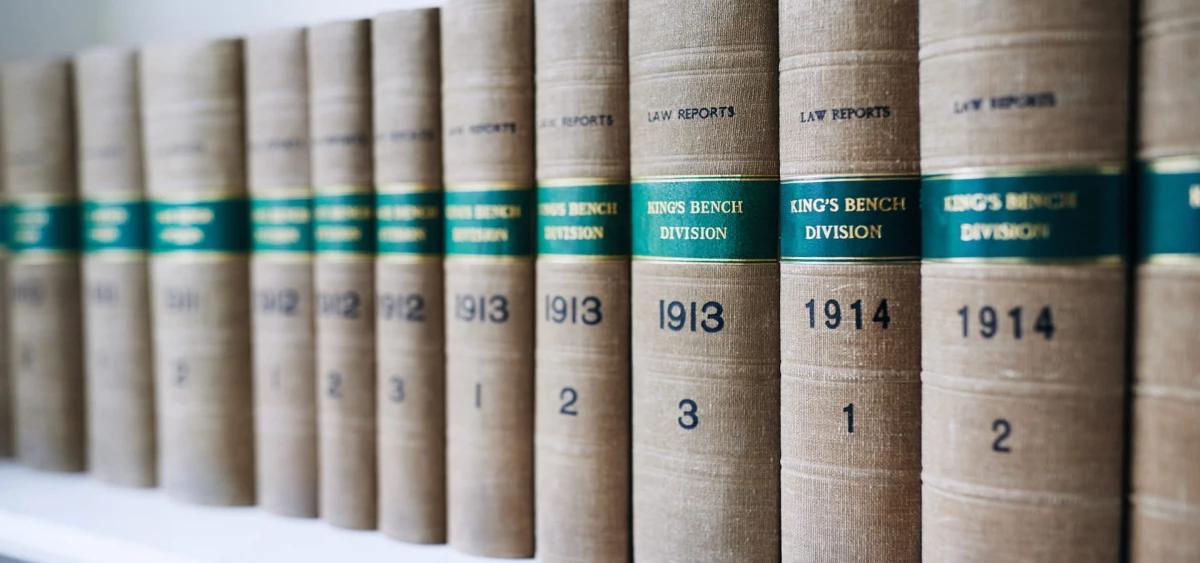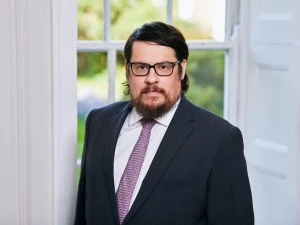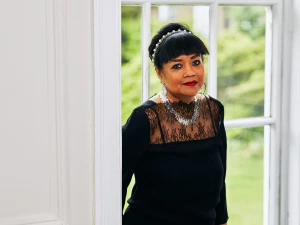Article in Arena Magazine on 'The Pre-Election Period or Purdah'
The Pre-Election Period or Purdah
By Sappho Dias and Rupert Beloff, 4-5 Gray’s Inn Square
The pre-election period, or purdah, is a time of heightened sensitivity in respect of publicity covering the period between the calling of and election or referendum and the outcome. It affects civil servants, who must be politically impartial, but not candidates for political office. The period typically begins six weeks before the scheduled election.
At its most basic level purdah prevents central and local government from making announcements about any new or controversial initiatives that might be considered advantageous to a particular candidate or candidates seeking office, or their parties. In particular consideration must be given to publicity or materials that may be controversial only because of an upcoming election but would not be otherwise. The guidance issued by the Government to the Civil Service prior to the 2019 General Election summarised the position as follows:
‘special care must be taken during the course of an election since material produced with complete impartiality, which would be accepted as objective in ordinary times, may generate criticism during an election period’.
The result of this is that at a national level is that major decisions on policy are generally postponed until after the period of purdah, unless it is clearly in the national interest to proceed swiftly or there is some other overriding consideration such as a delay wasting public money.
Purdah can cause and has caused considerable controversy, often due to misunderstandings about its application. In the run up to the 2017 General Election there were several well-publicised cases of academics misinterpreting the rules as meaning that they could not publish or comment on government-funded but independent research covering subjects that were matters of public debate, such as climate change. This resulted in updated guidance to clarify that the rules were not about “restricting commentary from independent sources”.
Purdah was also and controversially cited as a reason for the Government’s failure to publish the cross-party Intelligence and Security Committee’s report into Russian Interference in UK democracy in the run-up to the 2019 General Election, albeit that the government insisted that a normal timetable was being adhered to and fact that an election was underway was no reason to depart from usual process.
Purdah and Local Government
Publication of materials by local authorities is regulated by statute.
Section 2 of the Local Government Act 1986 prohibits the publication by local authorities of material which, in whole or in part, appears to be designed to affect public support for a political party. Section 2(2) of the Act makes it clear that the timing and circumstances of publication are relevant factors in determining whether any publication breaches this prohibition. Section 4 of the Act empowers the Secretary of State to issue codes of practice and section 4A empowers him to direct that a local authority complies with such codes and issue notices requiring the same. Section 4B of the Act empowers the Secretary of State to impose a duty by statutory instrument on all local authorities to comply with a code.
The activities of local authorities are currently governed by the Recommended Code of Practice for Local Authority Publicity. The code makes it clear at the outset that it in no way detracts from the requirements of section 2 of the Act.
The code is based upon the principles of ensuring that all public communications from local authorities:
• are lawful;
• are cost-effective;
• are objective;
• are even-handed;
• are appropriate;
• have regard to equality and diversity;
• are issued with care during periods of heightened sensitivity.
The code requires, amongst other things, local authorities:
• to refrain from issuing publicity that might influence voters unless its publication is required by statute or regulations;
• to consider suspending the hosting of third-party materials or public forums if they are likely to lead to a breach of the code;
• not to publish publicity relating to individuals involved in an election unless authorised to do so by statute;
• not to publish publicity on controversial issues;
• not to publish views on proposals in a way that identifies them as views of candidates in an election or parties.
Whilst the code and provisions of the Act contain considerable restrictions on local authorities they do not amount to, and are not meant to amount to, a complete prohibition on publications or publicity by a local authority during a period of purdah.
The code recognises that local authorities are entitled to publish factual information relating to candidates’ names, parties and wards in which they are standing. Publication of such information could be regarded as a matter of public policy in promoting participation in the democratic process by voters.
It is also noteworthy the term of office of councillors, unlike Members of Parliament, does not expire until after the date of the election and in any event the day-to-day business of local authorities should and must continue during pre-election periods. This may include publicity to inform people about an authority’s services, to attract visitors to the area and to advertise entertainment provided by them. Such publicity is permitted provided it does not breach the prohibitions contained within section 2 of the Act and the code.
Further local authorities are entitled to publish factual information to counteract misleading, controversial or extreme information about the authority’s actions or policies.
In considering whether to act or not the first question that should be addressed is whether a reasonable person could conclude that the proposed publication was a use of public funds to influence the outcome of an election. Some matters are likely to breach the rules of purdah in any circumstances, for example helping with national political visits, making reference to individual candidates or parties in press releases that might be considered positive or negative or supplying photographs to be used for campaigning purposes. There are other matters which may breach the rules depending upon the individual circumstances, for example continuing a local campaign on an issue that has been the subject of local political debate and disagreement or launching consultations that are or could be politically sensitive.
Ultimately the question is one of fairness and whether any action could be viewed as influencing the outcome of the election or an attempt to do so.
Purdah and Social Media
Since 2015 the guidance issued to the Civil Service on General Elections has covered social media, websites and blogs. This includes a prohibition on posting anything politically controversial through such outlets.
The same general principles should apply to local authorities. Whilst, for example, purely factual information about services is unlikely to breach any of the principles set out above comment on controversial topics may well do so.
Purdah and Charities
The Charity Commission is a public body and accordingly is subject to purdah. It issues electoral guidance to charities6. The guidance recognises that charities should be allowed to promote its views on issues that relate to its objects and activities even during a pre-election period. However, they must avoid explicitly comparing its views with those of political candidates and parties even where those views coincide. Further a charity is entitled to publish the views of a candidate in an election where those views relate to the charity’s interests and publishing them will raise interest and debate in the underlying issues, but they must not encourage support for those candidates.
It is also permissible for a charity to publish a ‘manifesto’ to publicise issues which it campaigns on to raise their public profile or persuade parties to adopt its policies provided that such publication is not in fact and attempt to influence the outcome of an election.
A charity is not allowed to endorse a particular candidate or party in any election.
Purdah and Referendums
Restrictions on the publication of promotional materials by central and local government in advance of a referendum is governed by section 125 of the Political Parties, Elections and Referendums Act 2000. This prohibits, during that for a period commencing twenty-eight days before the poll, the publication by any Minister of the Crown, government department, local authority or person or body whose expenses are defrayed mainly out of public funds of anything that:
• provides general information about a referendum to which this Part applies;
• deals with any of the issues raised by any question on which such a referendum is being held;
• puts any arguments for or against any particular answer to any such question; or
• is designed to encourage voting at such a referendum.
There are exclusions allowing the provision of material to persons requesting specific information, the issue of press notices and the publication of information relating to the holding of the poll.
This article is provided free of charge for information purposes only. Every reasonable effort is made to ensure the information is accurate and up to date, but no responsibility for its accuracy, or for any consequences of relying on it, is assumed by the authors or by Chambers as a whole. The information and commentary do not, and are not intended to, amount to legal advice to any person. You are strongly advised to obtain case specific advice from a lawyer; please contact the clerking team at 4-5 Gray’s Inn Square ([email protected]) who will be glad to assist.


